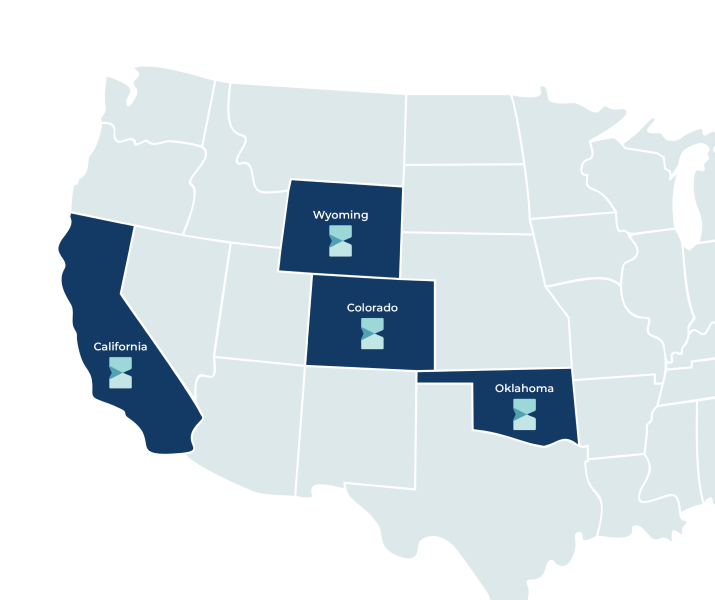
Is A Tooth Extraction During Pregnancy Safe?
Sometimes, dental procedures like getting a tooth pulled can’t wait—even if you’re pregnant. But don’t worry! It can be done safely without harming your baby.
Pregnancy is a time to focus on the well-being of yourself and your baby. You’re eating right and taking your vitamins. But with all the preparations and checkups, your oral health might not be top of mind. Still, dental emergencies—such as needing a tooth extraction—can happen during pregnancy.
Postponing a tooth extraction until after delivery isn’t always a good idea. Not only can it mean prolonged pain during a time when comfort is key, but you may also be at risk of infection or further damage. The good news? Tooth extractions during pregnancy are safe with proper precautions.
How Pregnancy Affects Your Oral Health
Hormonal changes during pregnancy can lead to pregnancy gingivitis, a condition that causes swollen, tender gums that may bleed during brushing. Left untreated, gingivitis can progress into more severe gum disease.
Other changes include:
- Increased cavity risk from a high-carb diet
- Enamel erosion caused by acid exposure from morning sickness
- Pregnancy tumors, which are harmless growths on the gums that may disappear after delivery
To prevent these issues from worsening, it’s important to brush and floss daily, and continue with professional cleanings throughout pregnancy. But what happens if you need urgent care—like a tooth extraction?
Is It Safe to Get a Tooth Pulled During Pregnancy?
Yes, with the right care, a tooth extraction during pregnancy is safe. Here’s what you need to know:
Dental X-Rays Are Safe
You may need a dental X-ray before your extraction. Thankfully, dental X-rays use very low levels of radiation. Plus, your dentist will use a lead apron to shield your abdomen, making it even safer.
Local Anesthesia Is Safe
Local anesthetics don’t travel through the bloodstream, so they don’t pose a significant risk to your baby. According to the Journal of the American Dental Association, dental procedures with local anesthesia are safe during pregnancy. However, sedation or general anesthesia should be avoided unless absolutely necessary—consult your OB-GYN and dentist beforehand.
Timing Matters
The second trimester is generally the safest time for non-emergency dental procedures. In the first trimester, your baby’s major organs are developing, and in the third trimester, sitting back in a dental chair for a long time can be uncomfortable. Still, if you’re in pain or have an infection, the procedure can be performed safely at any stage with proper care.
Managing Pain After the Procedure
After the extraction, Tylenol (acetaminophen) is considered safe for managing pain. Always consult your OB-GYN before taking any medications during pregnancy.
When to Wait vs. When to Act
Non-urgent procedures can usually wait until after the baby is born. But don’t ignore emergency dental care. Untreated infections and severe pain can affect your overall health—and your pregnancy.
The key is open communication. Talk to both your dentist and your OB-GYN to create a care plan that prioritizes your health and your baby’s safety.
We’re Here for You—And Your Smile
At Espire Dental, we’re committed to providing safe and compassionate care during every stage of life—including pregnancy. If you’re experiencing pain or suspect a dental issue, let our team help you make an informed, comfortable decision.

Stop putting off your smile
Book your visit now—it’s easier than you think
Find your Espire location

